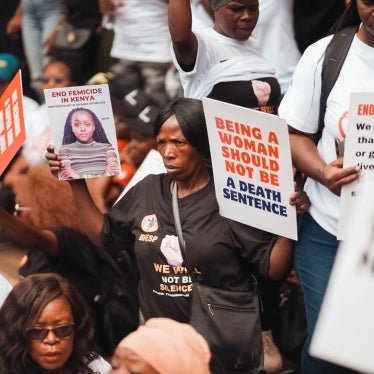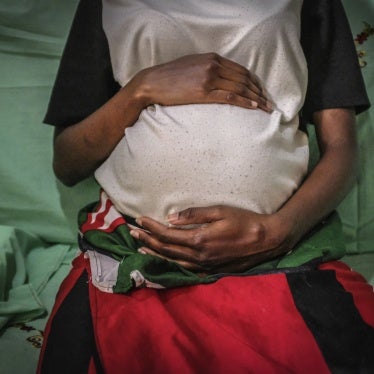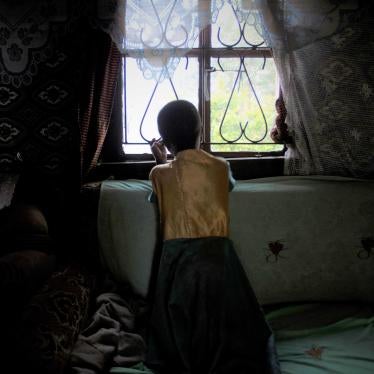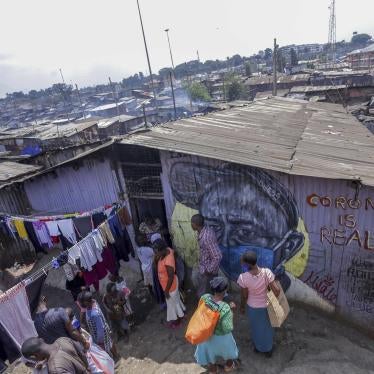Kenya’s UPR came at a time when there were serious concerns that the human rights situation had deteriorated and that the government had failed to make substantial progress on key reforms. Impunity for serious violations by police and other security forces, such as extrajudicial killings, disappearance, torture, mass arbitrary detentions and extortion particularly in the context of counter-terrorism operations, remain a profound concern. Threats to freedom of expression and association, such as the government’s ongoing obstruction to the work of critical civil society groups also warrant urgent attention.
We note Kenya’s acceptance of some important recommendations such as commitments to investigate torture and extrajudicial killings, including the killing of activist Hassan Guyo, and to fully cooperate with the International Criminal Court. But we remain concerned that there has been little tangible progress in many key areas. The ongoing abuses and recent threats to civil society illustrate a lack of commitment to implement these recommendations.
For example, in April 2015, Kenyan authorities placed two human rights groups MUHURI and Haki Africa, both of which work to promote human rights in the country’s coast region, on an official list of alleged supporters of terrorism. The bank accounts of both organizations were frozen without advance notification and remain frozen despite a court ruling stating that the groups have no links to terrorism. MUHURI and Haki Africa have alleged that security agencies have engaged in extrajudicial killings of Muslim clerics and alleged terrorism suspects at the coast.
Some of the measures Kenya lists as milestones in the respect of human rights and rule of law are far from achieving meaningful outcomes. For example, although police officers have received human rights training, the Kenyan police have continued to be implicated in abusive acts in recent years. Abuses by the police and other security agencies have not been investigated despite mounting allegations. At the same time, the executive has recently passed new security laws that undermine the rights of accused persons and expand police powers to use firearms.
Kenya’s stated position on the ICC was also misleading. Over the past three years, harassment of individuals and non-governmental organizations perceived to support the ICC cases against President Uhuru Kenyatta, deputy President William Ruto, and radio journalist Joshua arap Sang, has increased. Further, since the 2013 election Kenya has actively campaigned at the United Nations Security Council and the African Union to have the cases dropped, deferred, or referred to a local justice mechanism. President Kenyatta’s case at the ICC was withdrawn due to, among others, lack of cooperation from the Kenyan authorities.
We therefore repeat our concern about the lack of tangible progress in key areas such as investigating abuses by security forces and the lack of cooperation with the ICC and urge the Government of Kenya to make tangible efforts and to set up a clear timeline for progress. We also continue to urge the government to genuinely eliminate reprisals against human rights defenders and non-governmental organizations.








